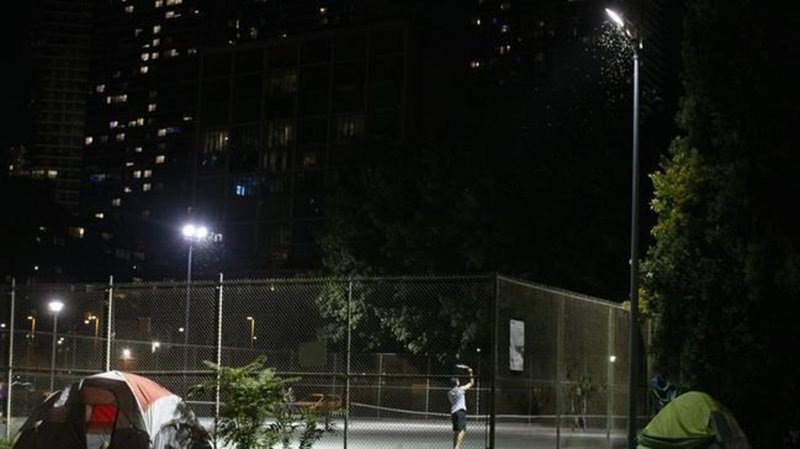
Delay in pandemic-related rise in homelessness gives feds time to prevent it: report
OTTAWA — A government-commissioned report says the effect of COVID-19 on the number of homeless people in Canada won’t be felt for three to five years, giving policy-makers a chance to prevent the pandemic from putting people on the street.
One reason for the delay is that people in need will first max out government supports before exhausting their savings.
They then would fall behind on payments like rent, leading to evictions.
The author of the report says it wouldn’t surprise him to see homeless counts rise by 10 to 15 per cent in some cities depending on what happens in the labour market.


